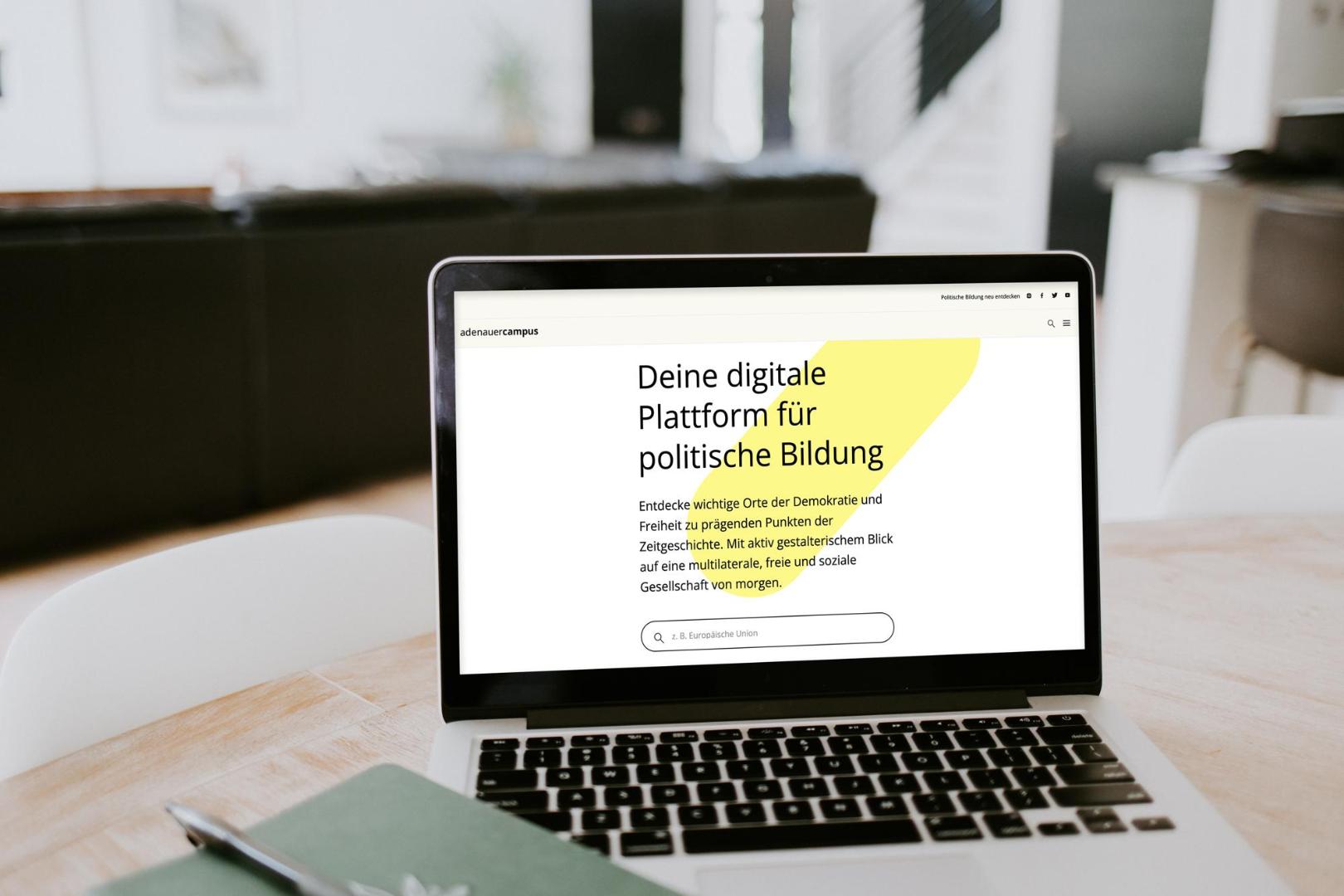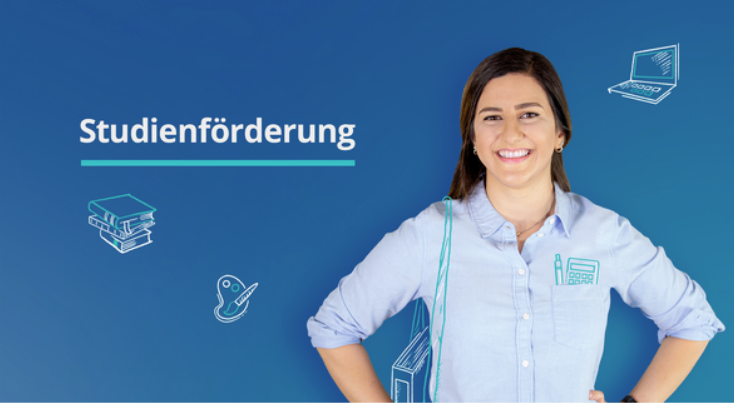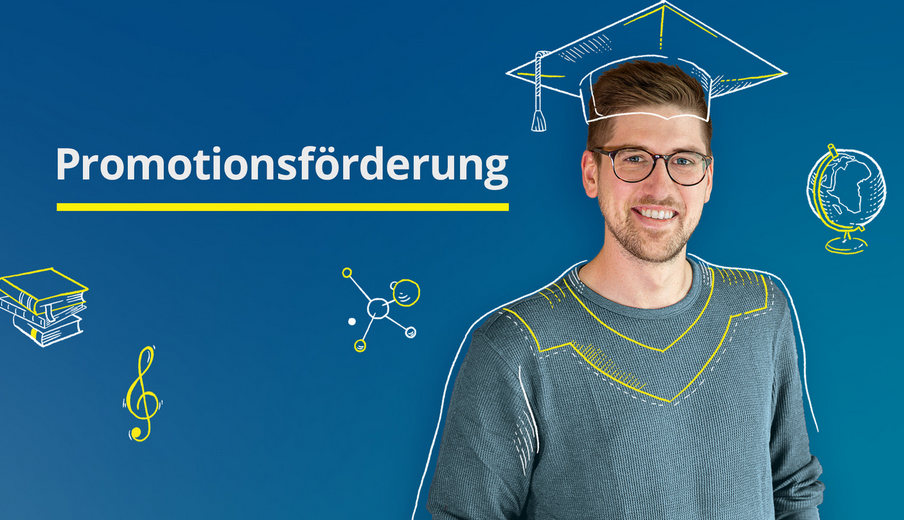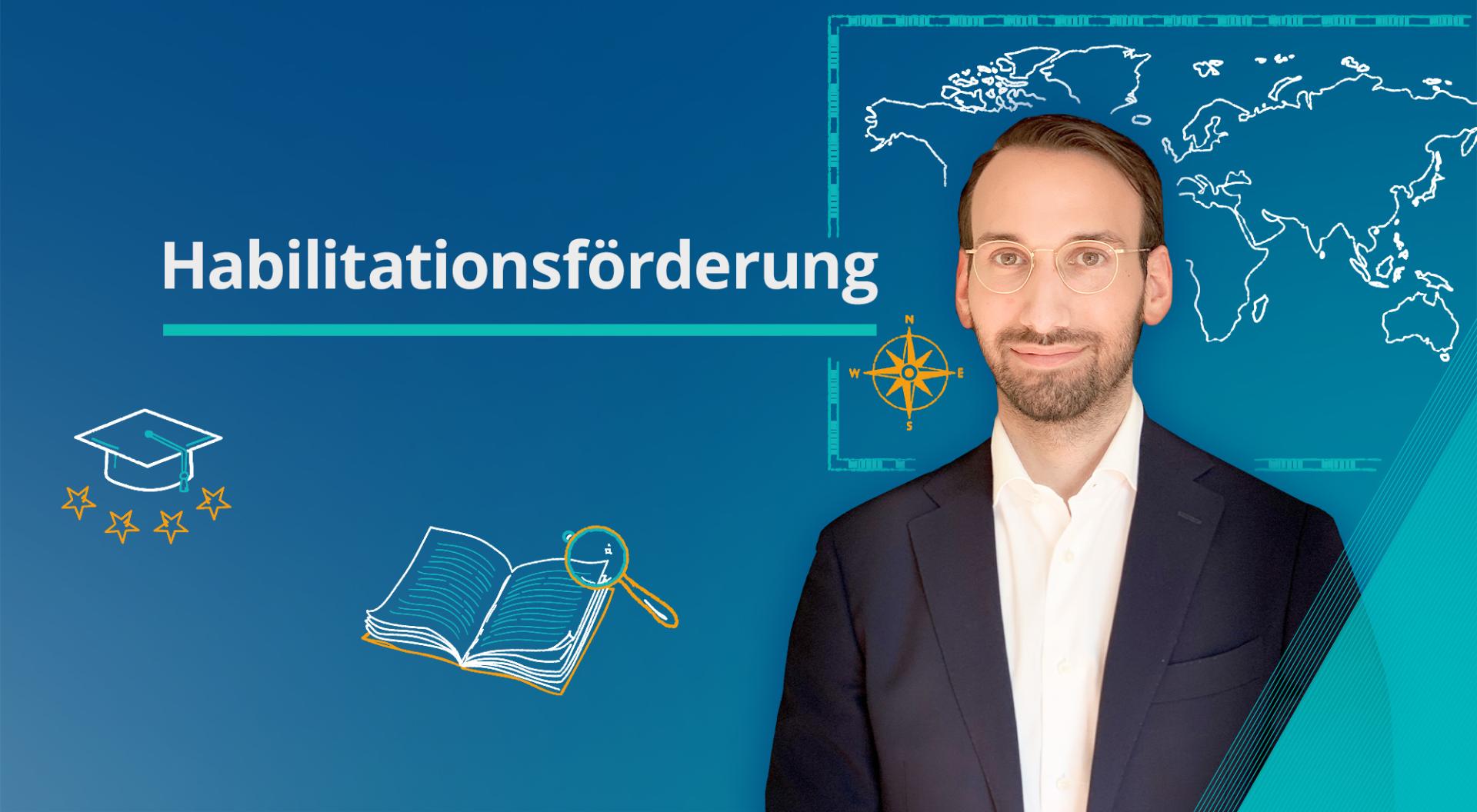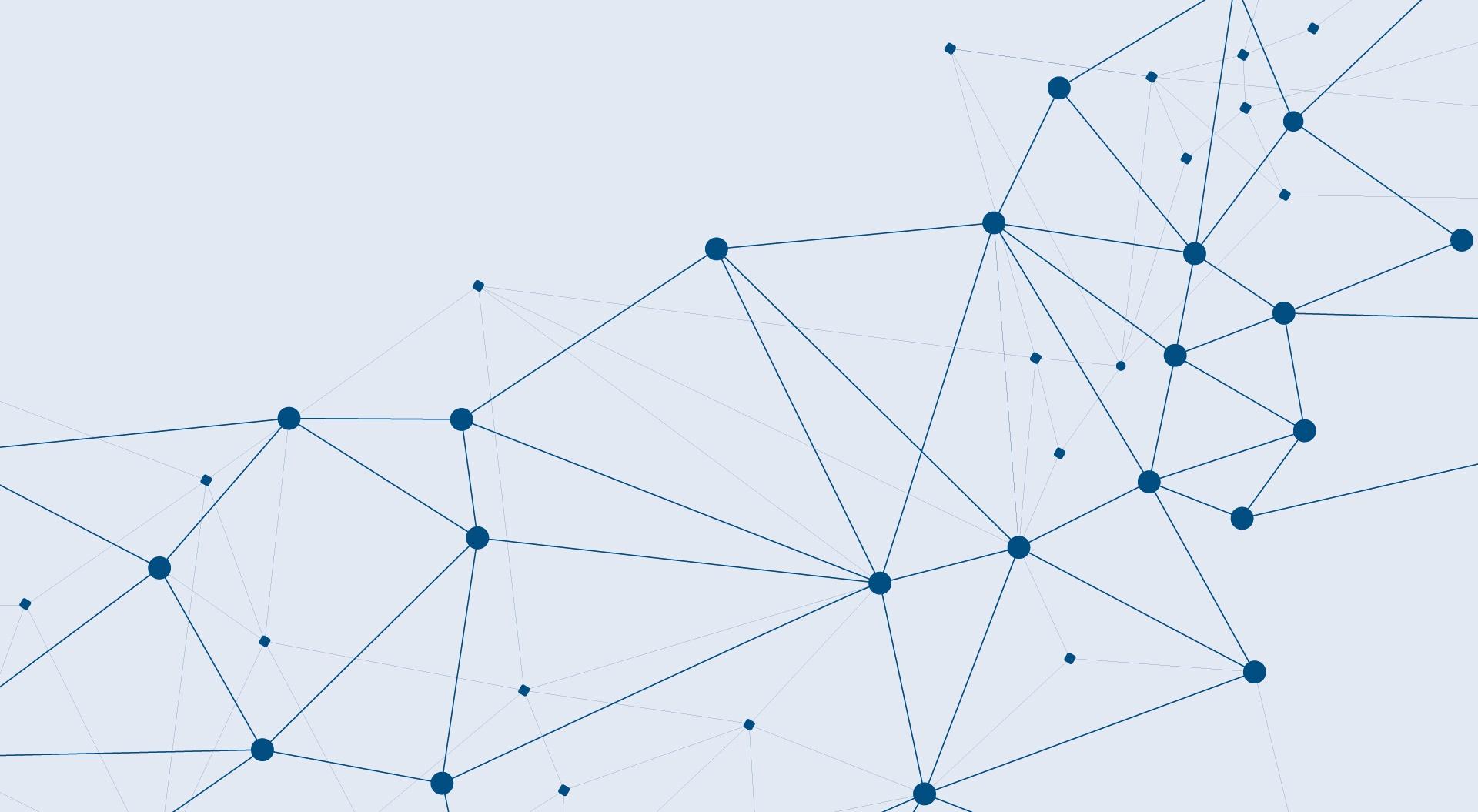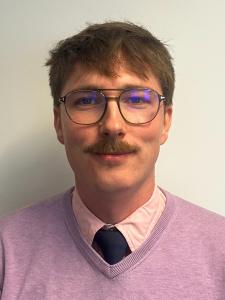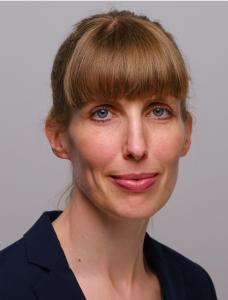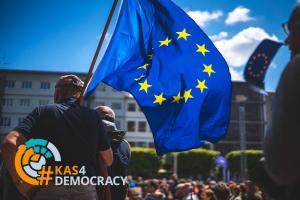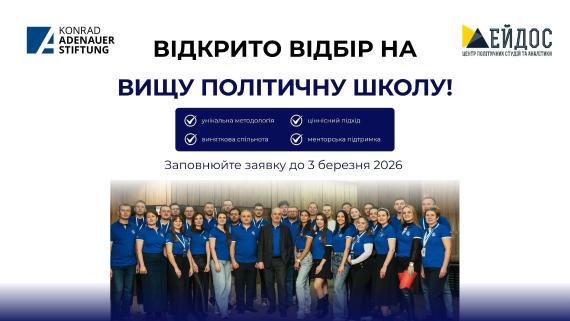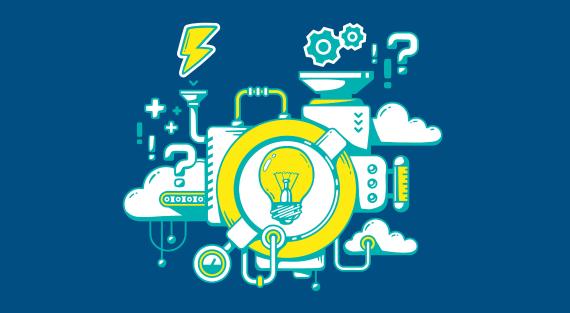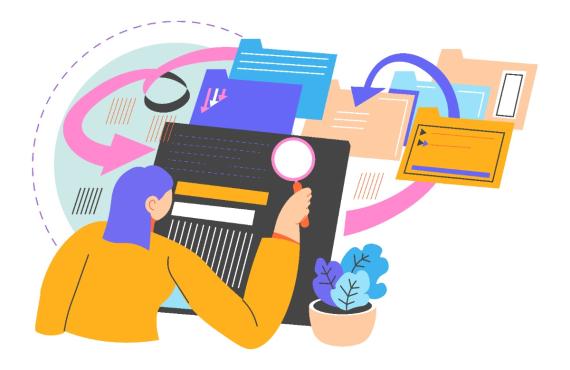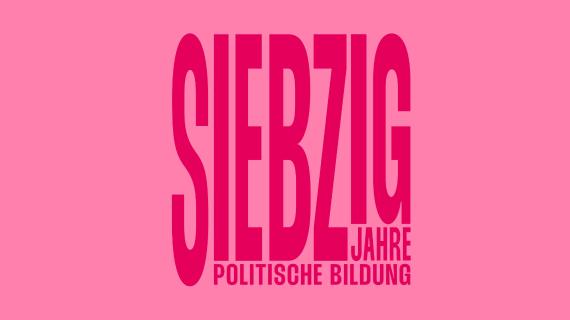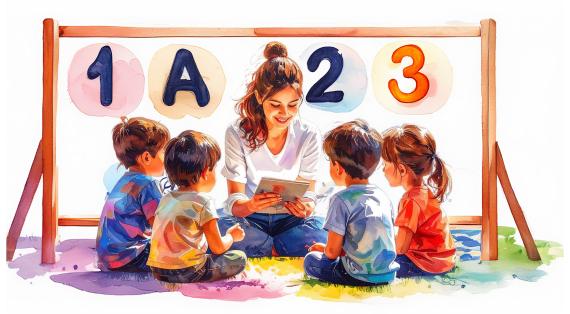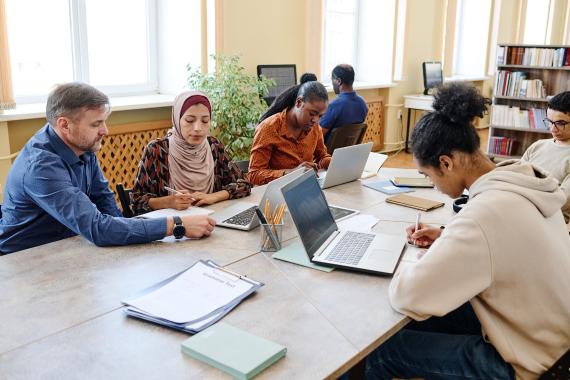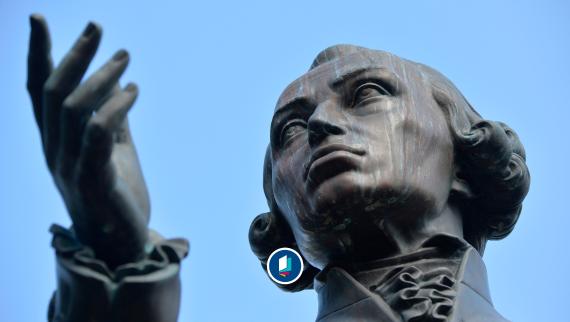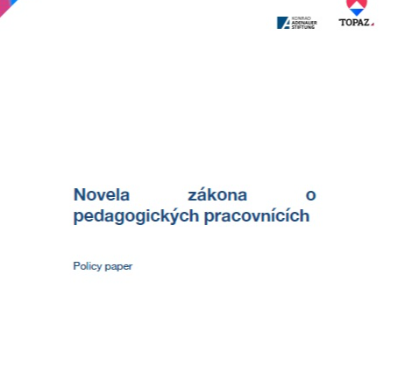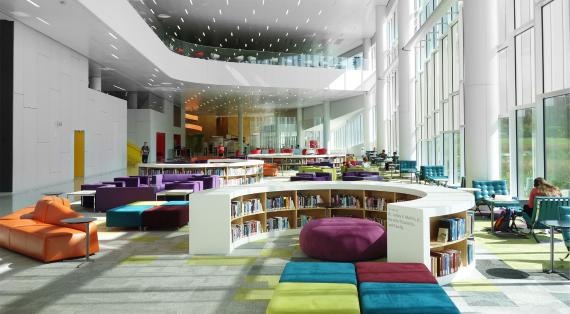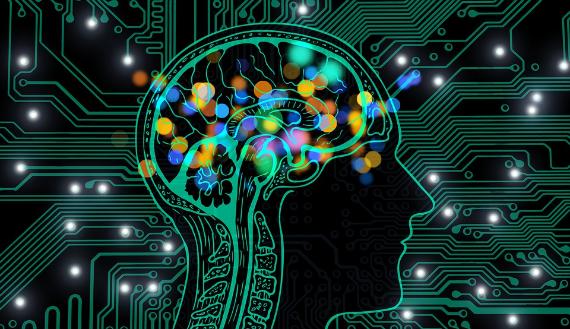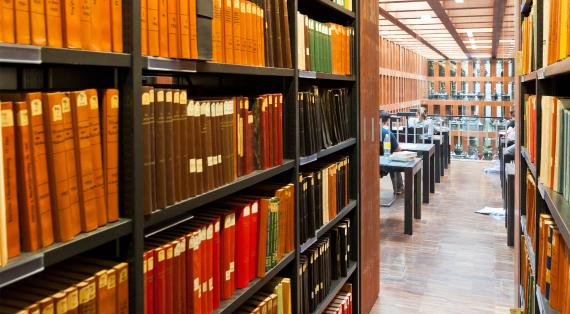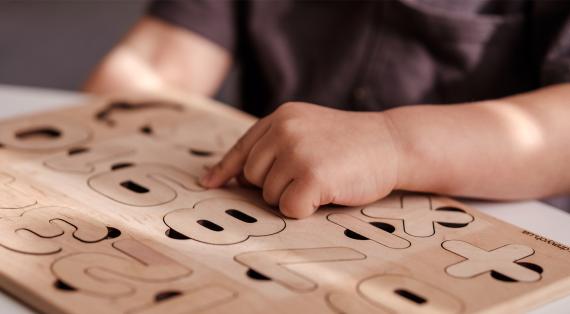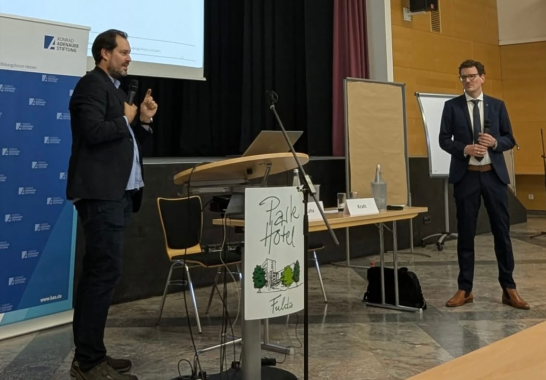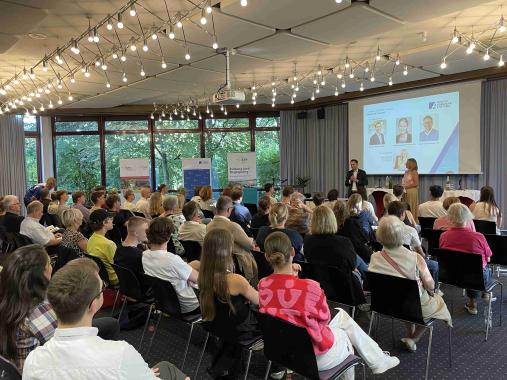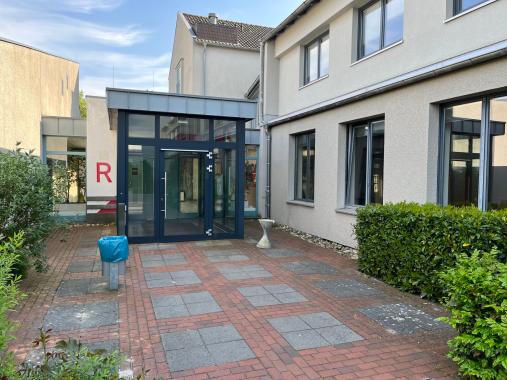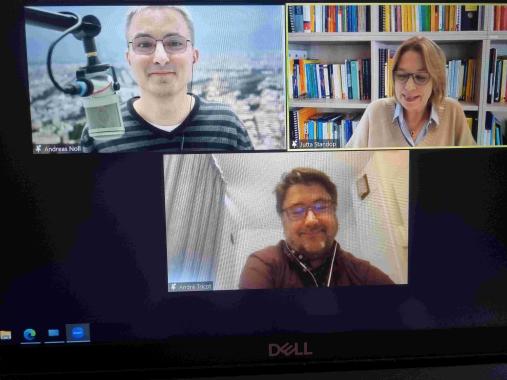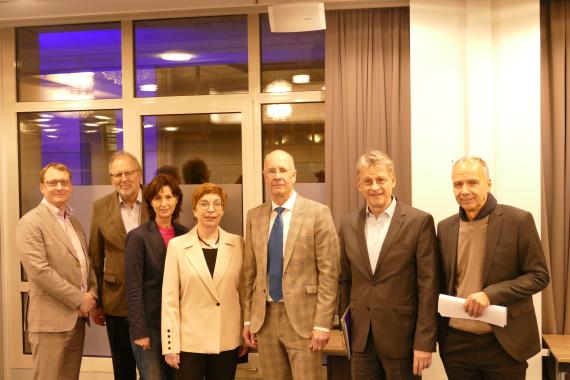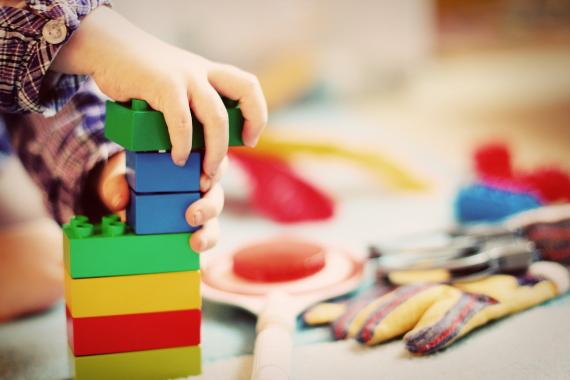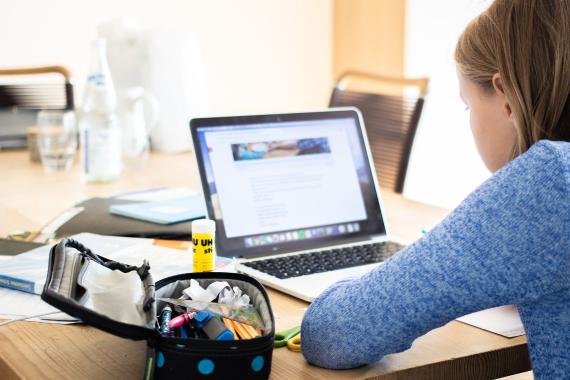There is only one thing in the long run more expensive than education: no education.
At a glance
- High-quality early year’s education provides long-term benefits. This includes a high level of education, a high earnings potential, but also the reduction of performance gaps between children from different socio-economic backgrounds.
- Well-staffed and professionally equipped primary schools prevent school drop-outs and set the course for a successful school career.
- An efficient and socially permeable education system should provide all the tools to promote not only excellent specialised knowledge but also skills and abilities for personal development.
- In order to be competitive in education on a worldwide basis, Europe needs well-equipped vocational schools with career opportunities and a higher education system with financial security and more autonomy.
- As a political foundation, we analyse developments in the education sector, develop recommendations for action and create spaces for encounter, exchange and further training on educational policy issues.
Content
1. Good education right from the start
2. Involving parents to a greater extent
3. Strengthening primary schools
4. More than just studying hard for subjects
5. Teachers make the difference
6. Vocational schools – important pillar of the education system
7. Expanding the performance of the higher education system
8. Sights are firmly set on the topic of education
9. Our offers and projects on the topic
10. Publications, events and media contributions on the topic
Good education right from the start: the first years of life are decisive
The first years of life are decisive for a person’s cognitive, social, and emotional development. They have an enormous impact on the entire educational biography. High-quality early years education can help to narrow the performance gap between children from different socio-economic backgrounds; its long-term advantages may include higher educational attainment, higher income potential and less dependence on welfare benefits. In order to exploit this educational potential, a sufficient amount of nursery places is just as important as high-quality early education with good language support.
Involving parents to a greater extent: comprehensively promoting educational potential
Nursery schools are not only places for children, they are also places that should focus on the entire family; after all, parents are primary caregivers for children. By developing nurseries into family-oriented centres that create support services for parents and actively involve them in children’s early education, educational potential can be promoted more comprehensively - for the children and the parents.
Strengthening primary schools: good equipment and resource allocation are prerequisites for success
Teaching in primary schools builds on the cognitive, physical, emotional, and social skills acquired during the first years of life. That is why more intensive cooperation between early education and primary schools is needed. Besides basic knowledge in mathematics, language, science and social sciences, the primary school phase also teaches children important social skills such a teamwork, communication, and problem-solving. To do justice to their central role as a foundation for continued education, primary schools need special attention regarding the allocation of resources and the provision of well-trained teachers and management staff. Good education right from the start pays off because it prevents dropping out of school at a later age and costly remedial measures.
More than just studying hard for subjects: school as an inspiring institution of education and personal development
To an even greater extent, schools need to become places that awaken the curiosity and interest of pupils, while supporting them to develop their individual talents and abilities regardless of their parental home. This includes attractive learning environments where all those involved enjoy spending time. A high-performing and socially permeable education system must provide all pupils with the tools they need for a successful and fulfilling life in the 21st Century. Besides excellent specialist knowledge, this also incorporates the promotion of creativity, critical thinking, social responsibility and, ultimately, mental strength. Cultural and musical/artistic education as well as sport also have an important role to play here.
Teachers make the difference: learning is still about relationship building even in the digital age
Even in our digital era, learning continues to be based on relationships. Here, digital tools deployed in a didactically meaningful way, also with the help of AI, can enable teaching staff to align education even more strongly with the individual learners’ cognitive activation, while also promoting cooperative and interdisciplinary learning. The most conducive framework conditions for this must be subjected to academic research, and function as a guideline for political action. What is certain is that teachers require specialised, didactic and digital skills in order to provide high-quality and up-to-date teaching. Imparting these skills at universities and in ongoing and advanced training as part of everyday schooling, is a fundamental prerequisite for good and stimulating teaching.
Important pillar of the education system: vocational schools remain indispensable
Dual vocational education makes an essential contribution to the quality of skilled work. The integration of new technologies, the adaptation to changed working conditions, and the creation of attractive further training and promotion opportunities are essential for taking changed working conditions into account and continuing to appeal to young people. Providing vocational schools, as a crucial pillar of dual education, with the necessary staff, materials and funding, must be accorded high priority.
Expanding the performance of the higher education system: improvements are needed in many areas
An increasing number of people from both Germany and abroad are studying at German universities. So as to provide good study conditions, to prepare students for a changing labour market and to enable excellent academic research at the same time, universities need better, reliable funding, productivity-enhancing framework conditions and greater autonomy. Europe’s future viability largely depends on the research and technological strength of its universities, which create the innovations of tomorrow and systematically transfer them into the economy and society via their graduates. Further comprehensive and coordinated efforts are needed if it is to join the ranks of the best global institutions in teaching and research once again. Educational, higher education and research policy must therefore become a priority of the Federal and State Governments.
Sights are firmly set on the topic of education: the Konrad-Adenauer-Stiftung observes, analyses, promotes and networks
The Konrad-Adenauer-Stiftung is closely monitoring current developments in educational practice and evidence-based educational research, jointly examining relevant socio-political implications with representatives from academia, practice and politics, and drawing up policy recommendations. We offer spaces for encounter, exchange and further education, where educational policy issues are discussed and debated in small and large groups. While also focusing on international and European comparison and exchange in the field of education.
Our offers and projects on the topic
Didactic and scholarship offers
Supporting scholarship holders is one of the core tasks of the Konrad-Adenauer-Stiftung, which is why, in the field of university education, we provide financial support to students, doctoral candidates, and post-doctoral candidates. What is more, our DigitalAkademie offers pupils and teachers a broad range of services when it comes to using digital media and preventing extremism online.
DigitalAkademie
The aim is for the DigitalAkademie to impart skills to teachers and pupils on how to use digital media. The scope of content of our Pupil and Teacher Academies ranges from digital basic knowledge and self-organisation, extremism prevention, issues pertaining to rights and obligations online, recognising and dealing with fake news, and the use of digital learning and teaching methods rights through to the digital focus of the entire school.
“Digital Education” on Our Adenauer Campus Learning Platform
Especially under the impact of the COVID-19 pandemic, the topic of “digital education” experienced a marked boost and has thus attracted the attention and become a focus of the public. Our Adenauer Campus Learning Platform is dedicated to this topic, and we use our own projects to demonstrate what digital education of the present and future could look like.
Scholarships for Students
The Konrad-Adenauer-Stiftung awards scholarships for socially or politically active students, and which are not only of a purely financial nature. Non-material support, too, represents an important component of our student scholarships. This combines a diverse seminar programme with individual support and an active university group life. Right from the outset, Konrad-Adenauer-Stiftung scholarship holders form part of a community of people who learn from and mutually support one another.
Scholarships for Doctoral Candidates
Since as early as 1969, it is through its doctoral sponsorship that the Konrad-Adenauer-Stiftung has been providing socio-political support to active young researchers with an excellent academic background. The objective is to accompany doctoral candidates on their academic journey, and thus support them with the successful and timely completion of their academic project. The focus is not only placed on the doctoral publication, however. Support also constitutes preparing the scholarship holders for assuming responsibility in leadership positions.
Scholarships for Post-Doctoral Candidates
Since 2013, organisations for the promotion of young talent have been allowed to fund post-doctoral lecturing qualifications. Only two years after this decision was taken by the Liability Committee of the German Bundestag, the Konrad-Adenauer-Stiftung has embarked upon its scholarship programme for post-doctoral candidates. This enables it to support outstanding, socially committed academics with their academic careers.
Learn more about the Scholarships for Post-Doctoral Candidate
Publication projects
In conjunction with individual publications exploring aspects of education and higher education policy, renowned personalities from academia are drawing up position papers at irregular intervals on issues such as education and higher education policy within the framework of the Konrad-Adenauer-Stiftung’s Science Network; that is, a committee of experts.
The Konrad-Adenauer-Stiftung’s Science Network
With the Science Network, the Konrad-Adenauer-Stiftung has established an independent working group that addresses the topics of academia, research, and higher education policy. Specifically, distinguished academics discuss, for example, what framework conditions universities need for high-quality research, teaching, further education and transfer in position papers published at irregular intervals.





